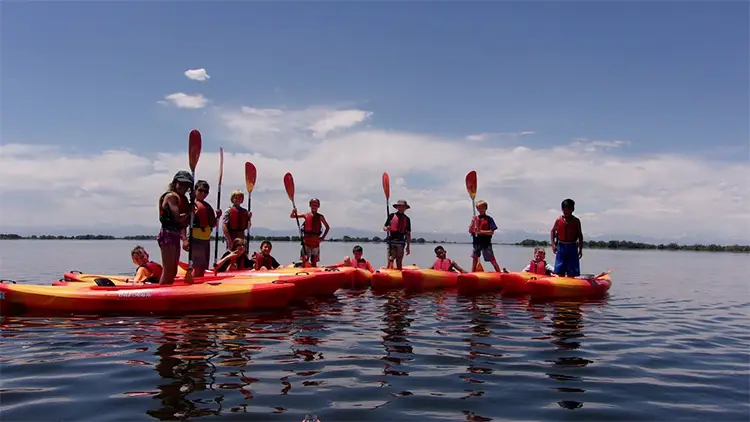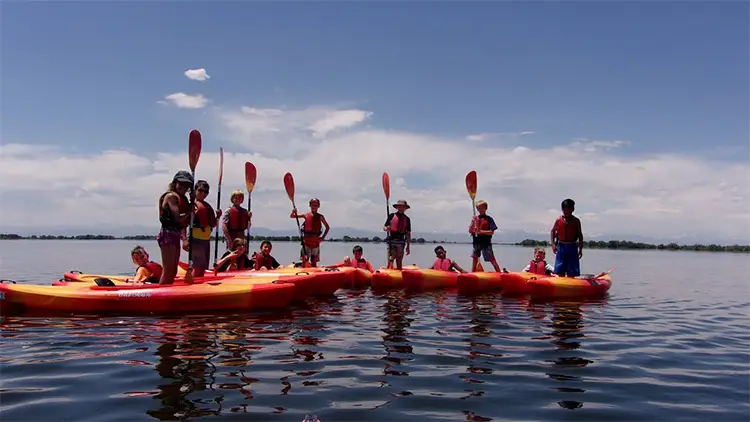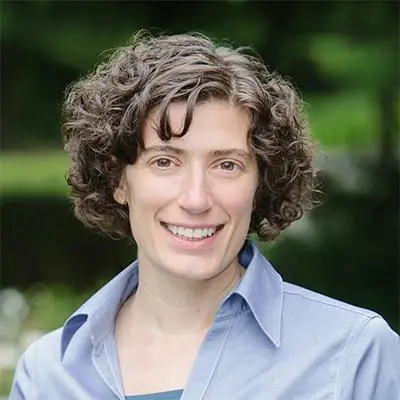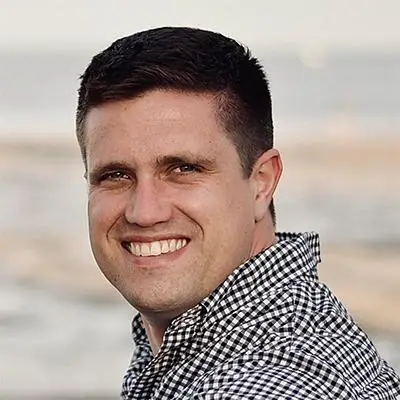The start of spring brings a source of stress for some parents; it’s time to figure out what their children will do over the summer. Summer activities can provide necessary childcare—and vital support for student learning—during the months when school is closed.
But lining up those activities for children can cause headaches for many families. And in some ways, the parents with headaches are the lucky ones. Many families living in underserved communities aren’t plugged into those social networks of fellow parents who trade knowledge of the best activities and the right times to apply. If they find attractive options, they might not be able to afford the fees, which can run into the thousands of dollars per week. Figuring out which programs are available free of charge, or at a discount for lower-income families, can add to the hassle. And the options these families can afford may not match their children’s interests, or be readily available in their neighborhoods.
Image courtesy of ReSchool
Last year, ReSchool Colorado launched two new initiatives to address these barriers, and CRPE followed the first year of its work. The nonprofit organization created a website, Blueprint4SummerCO, that allows families to browse among available summer learning opportunities around Denver. Reschool also began partnering with a local hospital to provide its employees, many of whom are low wage workers, one-on-one “learner advocates” to help parents navigate both in- and out-of-school learning opportunities.
These are modest, preliminary efforts. Yet they reveal the possibilities that could emerge if barriers between schools and communities were lowered—and if new structures to support students and their families were built in their place. On the one hand, ReSchool’s initiatives meant that some children had learning opportunities they wouldn’t have had otherwise. On the other hand, they showed how daunting it would be to provide this support at scale to Colorado families. As a result, they highlight deeper, more fundamental questions about the structure of our education system.
As its name suggests, ReSchool isn’t focused solely on expanding access to summer learning. It also envisions a future where children and families routinely reach across a range of providers inside and outside their community to create a portfolio of learning opportunities that foster children’s academic, social, and personal growth.
For people who care about educational equity, out-of-school learning opportunities matter. The much-discussed “summer slide” contributes to academic gaps among low-income students that often grow as they get older. And nonacademic programs matter too. Recreation and enrichment programs help students explore passions, make friends, and experience independence. Taking field trips, visiting museums, and going to camp can all boost students’ learning and social development.
Students do not have equitable access to these learning opportunities. The most affluent families spend thousands more dollars per year on child care and enrichment than families with the lowest incomes. And an analysis of the Blueprint4SummerCO platform found fewer enrichment opportunities available in neighborhoods where lower-income, black, and Hispanic children lived. So while a number of online platforms are springing up to help parents locate different out-of-school learning opportunities for their children, ReSchool recognizes that, for many parents, information alone is not enough. Those who are new to the country or living in historically underserved communities might be unaware that summer learning opportunities exist, or their value, or how to take advantage of them. For that reason, ReSchool partnered with Denver’s St. Joseph’s Hospital to offer its learner advocate network pilot to employees as a workplace benefit. A learner advocate met with lower-wage workers at the hospital, typically two or three times per month, and helped them think through summer learning opportunities for their children, as well as other education-related decisions they encountered in the spring, like making school choices.
ReSchool also worked to address other barriers parents face. It partnered with the education-focused ridesharing platform HopSkipDrive to help provide transportation. And it offered scholarships of up to $250 to help some families cover the cost of summer learning programs. Expanding this network, and the financial support associated with it, would require efforts to train and support dozens, and possibly hundreds, of learner advocates who help lower-income families mix and match out-of-school learning opportunities, as well as new public funding streams that help lower-income families afford out-of-school learning opportunities.
ReSchool is not alone in recognizing that these learning opportunities matter. In Chicago, City of Learning has created connective tissue that ties together students, communities, and learning that takes place inside and outside of school. In New Hampshire, Learn Everywhere represents a nascent effort to award students academic credit for their out-of-school activities. In Pittsburgh, Remake Learning fosters a network of community institutions—including schools, YMCAs, libraries and museums—that provides students with diverse learning opportunities outside regular school hours. In Tucson, CommunityShare helps make local citizens who want to use their talent or expertise in classrooms available to teachers.
All of these efforts may represent a groundswell of work toward a new kind of learning system with fewer barriers between school and community that supports the vital learning that occurs outside regular school hours. Ensuring all students are able to fully participate in such a system will require support on a much larger scale than ReSchool currently provides to a small number of families.
That may require:
- Engagement of and training for large numbers of caring adults who can serve as learner advocates supporting students and their families.
- Information systems that enable families to set learning goals with their children, choose among different learning opportunities, and connect short-term experiences, like a week at camp or a day-long field trip, and other activities inside and outside of school.
- Curators of learning opportunities who keep track of the options that exist, who have access to them, and who know ways to fill any gaps.
- A different approach to funding that places more resources—both new public investments and possibly some repurposed existing funds—directly in the hands of parents so that lower-income families can make the same kinds of enrichment decisions that more affluent families make.
- Deliberate efforts to learn from these initiatives and adapt them to the needs of different communities. This kind of system, and the supporting infrastructure, cannot be easily assembled across one state, much less the entire nation. But different communities can develop solutions that meet their needs, and they can learn from similar efforts in other places.
ReSchool’s efforts make it possible to envision a new kind of learning system that provides valuable experiences to children during the 75 percent of their waking hours they spend outside of school. And that, in turn, will require new investments in families and communities—particularly those who are currently underserved.






